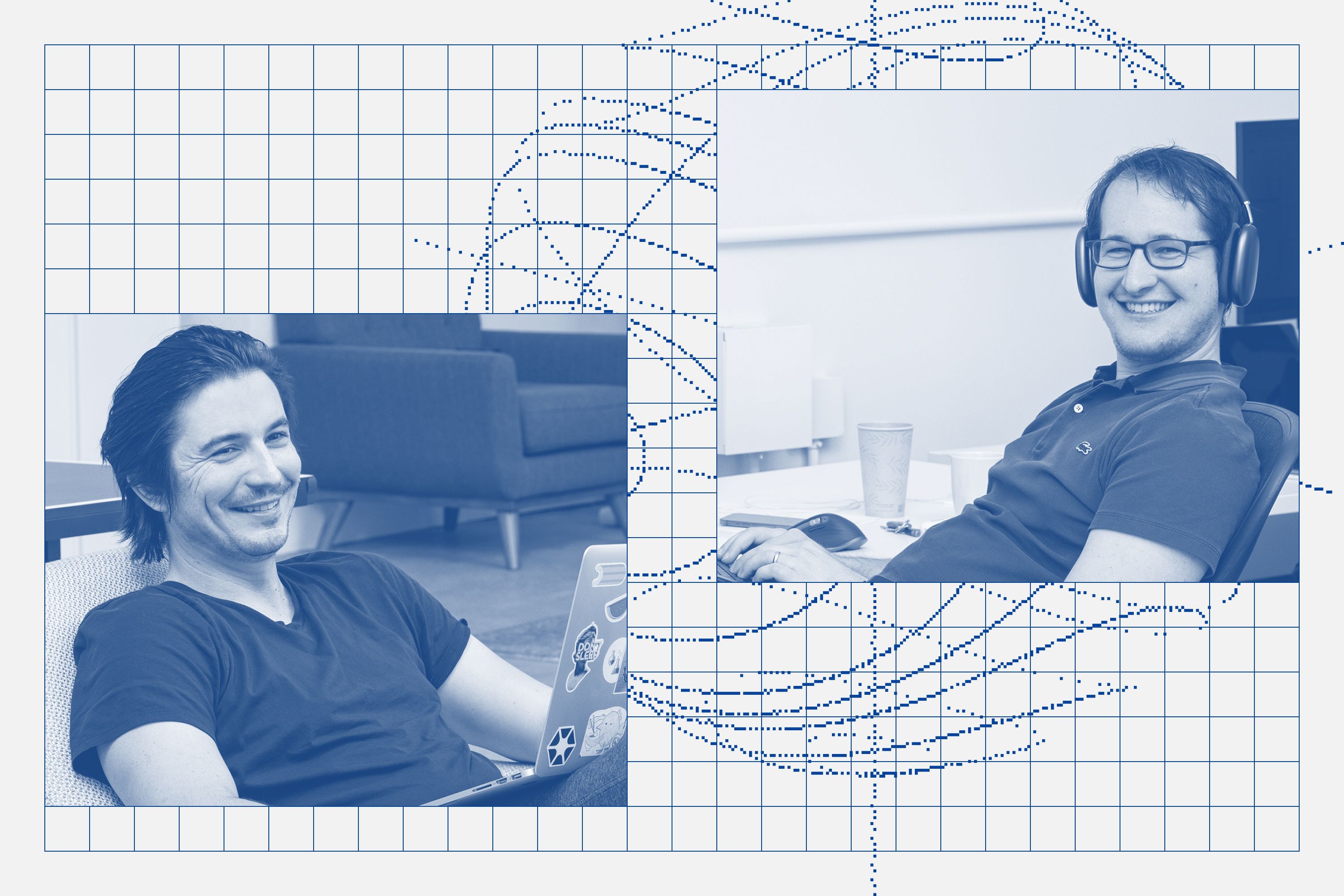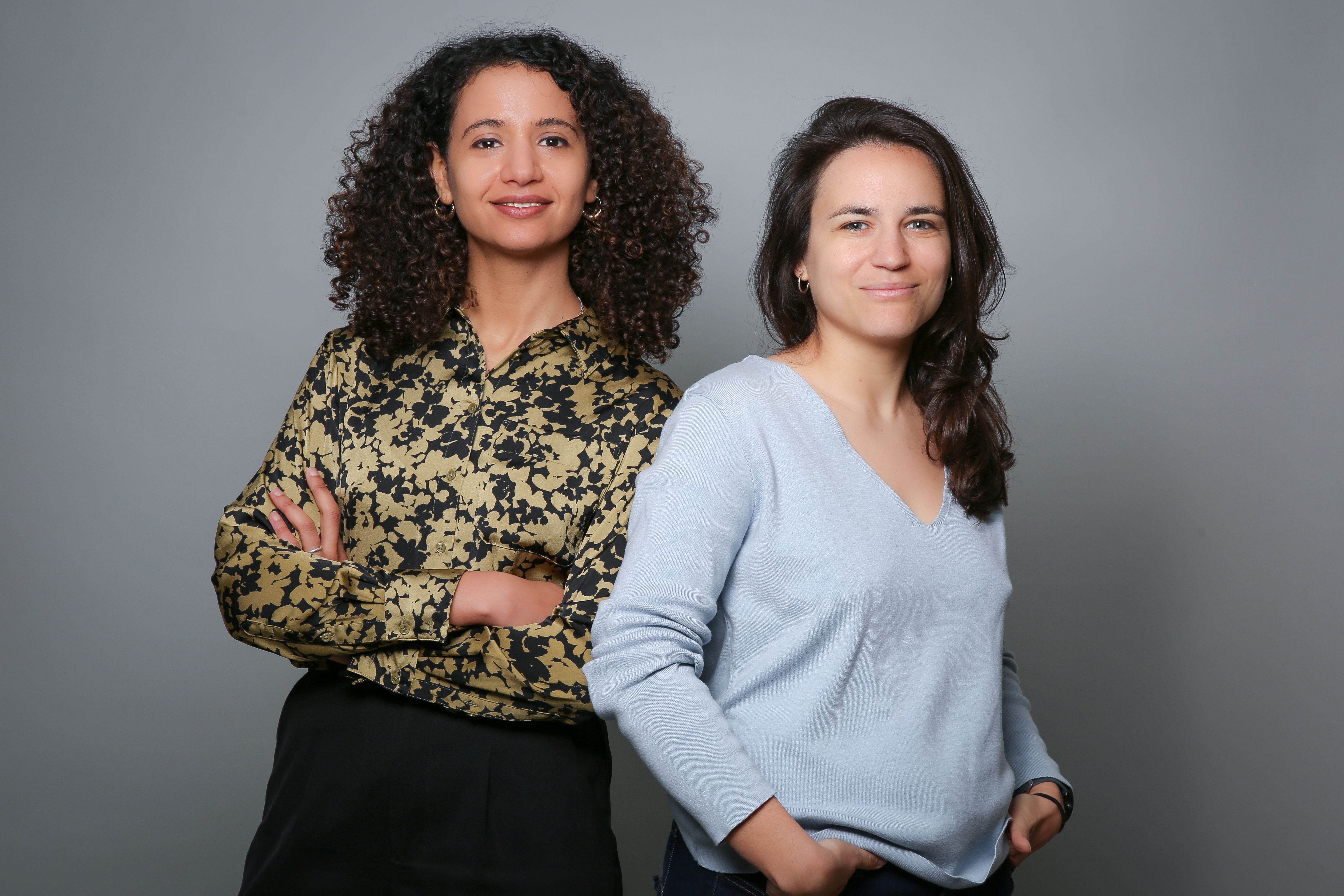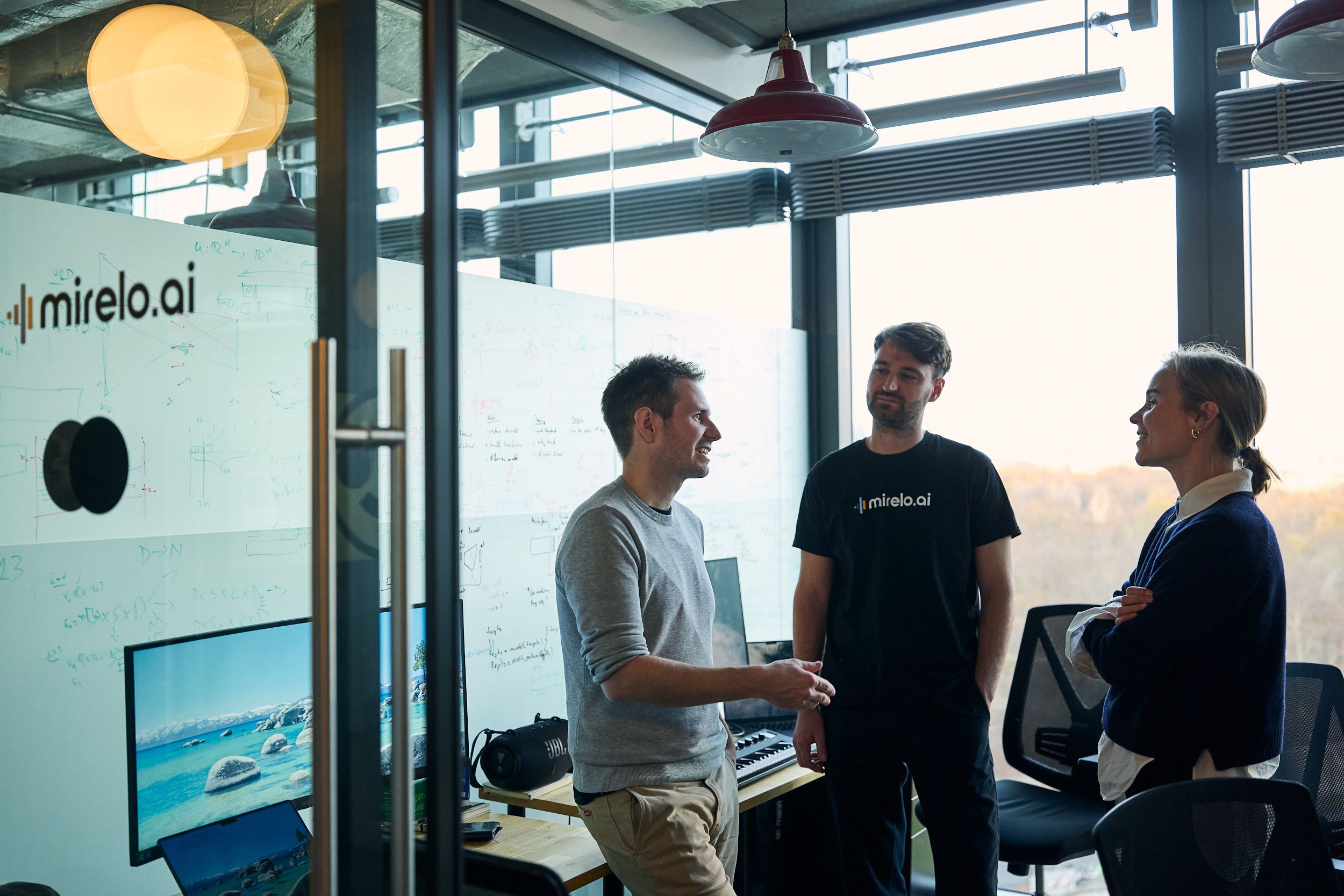Solving the AI Reasoning Gap: How Harmonic is Building Mathematical Superintelligence

QUICK TAKE
- Harmonic is leading the development of Mathematical Superintelligence (MSI), having already developed a system that achieves 90% on MiniF2F, the top formal mathematics benchmark.
- The company has raised $75 million from investors including Index Ventures to accelerate its path towards creating the first AI with mathematical capabilities superior to humans.
- Harmonic was founded by Robinhood CEO Vlad Tenev and Helm.ai co-founder Tudor Achim. Future applications include software engineering, industrial design and medical technology.
INDEX PERSPECTIVE
By Jan Hammer
An AV entrepreneur and a fintech founder walk into a bar — what do they talk about? Mathematical superintelligence, of course.
This isn’t exactly what happened with Harmonic, but it’s close. After Tudor Achim and Vlad Tenev both became fascinated by the idea of using AI to solve a Millennium Prize problem, they came together in 2023 to form Harmonic, a company dedicated to building Mathematical Superintelligence (MSI).
Today, AI has multiple limitations, including hallucinations, difficulties with rigorous reasoning, and more. This is because AI reflects the internet, which offers a wide breadth of information but lacks the deep, structured reasoning required for complex problem-solving. The question is: can other types of data close this reasoning gap?
"If an AI model excels at solving math problems, it will be capable of superior structured reasoning."
We believe mathematics — the purest form of reasoning — holds the key to bridging this gap and eventually surpassing human-level intelligence. Solving a complex math problem requires a rigorous framework of steps and logical proofs. If an AI model excels at solving math problems, it will be capable of superior structured reasoning.
Harmonic’s system, Aristotle, has been architected to 1) mitigate hallucinations through formal verification, and 2) leverage synthetic data. Aristotle isn’t limited by the constraints of internet-based or human-labeled data; it can use generated examples at scale. These two capabilities not only allow Harmonic to bypass many problems traditional AI companies face, but have also helped Aristotle achieve a new state-of-the-art of 90% on MiniF2F, the leading formal mathematics benchmark.
"The Harmonic founding team... assembled a group of AI and mathematics experts to usher in a new era of computational reasoning."
The Harmonic founding team is uniquely suited to tackle the challenge of creating MSI. With extensive experience in large-model training from their work at Helm and Quora, as well as deep product knowledge gained from developing Robinhood into an international platform, they’ve assembled a group of AI and mathematics experts to usher in a new era of computational reasoning.
The implications of Mathematical Superintelligence are staggering. Imagine having MSI at your fingertips. In the same way Google allows us to instantly answer simple questions — “When did Ramanujan send a letter to G.H. Hardy?” — Harmonic can help us run complex numerical solvers, optimize industrial factory setups, verify code, and so much more just as easily. One day, Harmonic might even allow us to uncover the next great scientific breakthrough.
After all, as Galileo said, “Nature is written in mathematical language.”
Harmonic is hiring AI researchers, mathematicians, and distributed systems experts. If their mission excites you, check out their open roles at https://www.harmonic.fun
Published — Sept. 23, 2024
-

-
